Brain scanning could be used to design "scientifically perfect" products
Dezeen and MINI Frontiers: scanning people's brains to learn about their preferences "opens up new possibilities" for designers, according to Merel Bekking, who has designed a range of "perfect" products based on data from MRI scans.
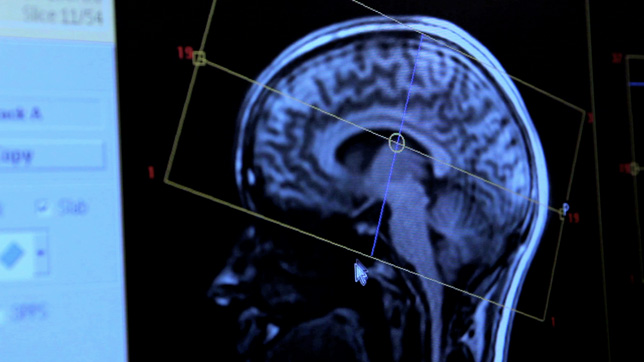
The Dutch designer Merel Bekking scanned people's brains to find out what types of objects they liked most – and used the data to produce a range of objects.
"The project started with me wanting to create perfection," Bekking explains. "Of course, this is really hard because it is subject to taste and aesthetics and all these hard to grasp feelings. So I thought: 'Why not make something that is scientifically proven to be perfect?'"
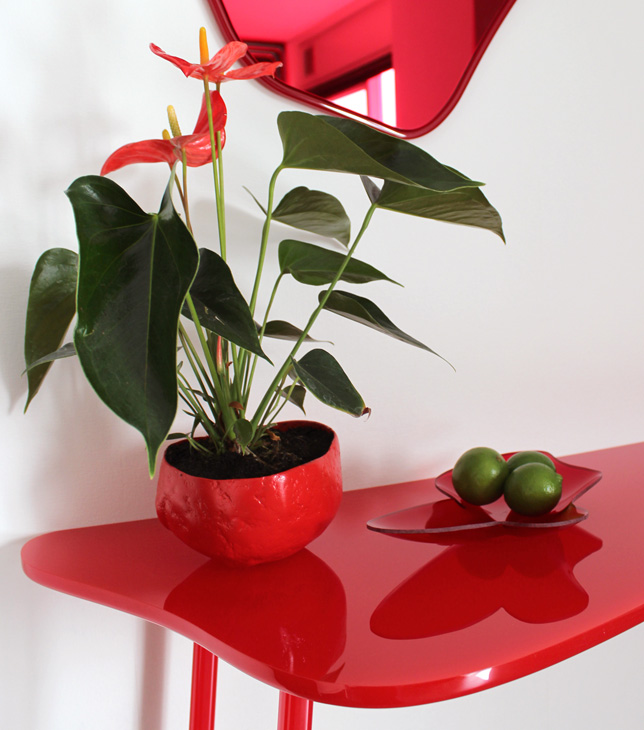
In her test sample, Bekking says people responded most positively to objects that are red, plastic and formed in closed organic shapes.
"The products I made were all based on the formula I took from people's brains." Bekking says. "I designed a side table, fruit baskets and even a red organically-shaped mirror that's entirely made out of plastic."
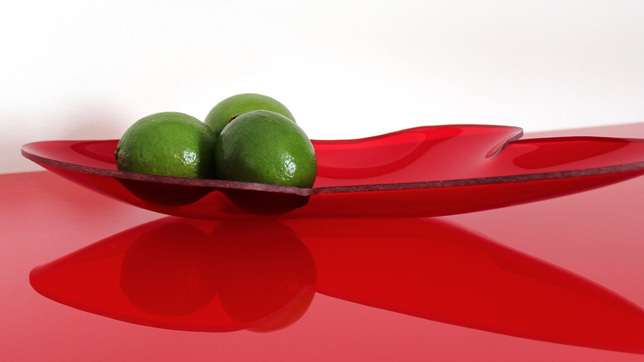
Bekking spoke to us at Ventura Lambrate in Milan last month, where she presented her research and the products she created.
She worked with a team of scientists in Amsterdam to study a group of 20 people's preferences in shape, colour and material by showing them different images and monitoring their brain activity with an MRI scanner. She then designed a range of products based on the images they responded most positively to.
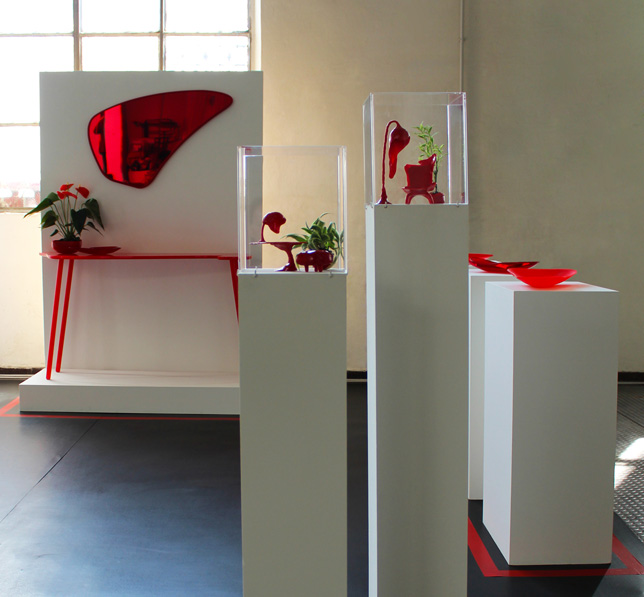
As part of the research, Bekking's participants filled out a questionnaire about their tastes and preferences, but the answers varied significantly from the data collected by the scientists using the MRI scanner.
"I told them that as a group they really liked plastic and red, but in the questionnaires [most people] said they liked blue and wood," she says. "They were very surprised."
"But when I showed some of them the products I made they said: 'Well, actually I do like them.' So there something very interesting going on here."
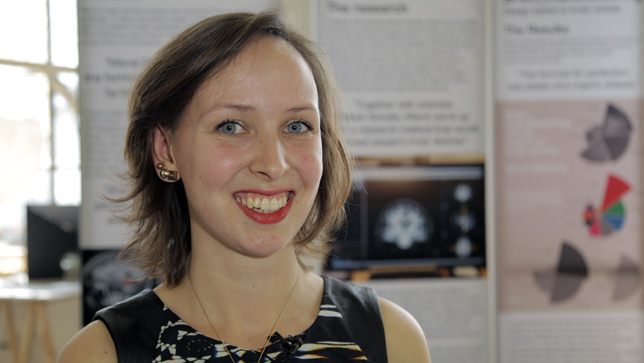
Bekking believes that using scientific equipment and technology to help design products will become more and more common.
"At the moment lots of big companies already use science to discover what product is the most profitable - they really want to know why people buy things," she says. "I think that's gong to be bigger and bigger."
"Here I used the MRI scanner as a design tool rather than a control method and I think with all the technological possibilities that are growing around us now it's fantastic for designers. It really opens up new possibilities."
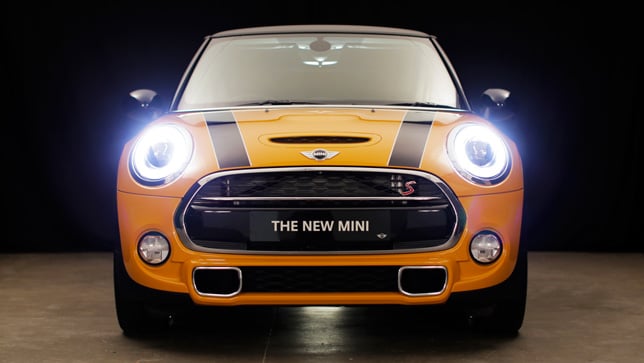
The music featured in the movie is a track called Hanging Out Of Moving Vehicles by RyIm. You can listen to more original music on Dezeen Music Project.
Dezeen and MINI Frontiers is a year-long collaboration with MINI exploring how design and technology are coming together to shape the future.
